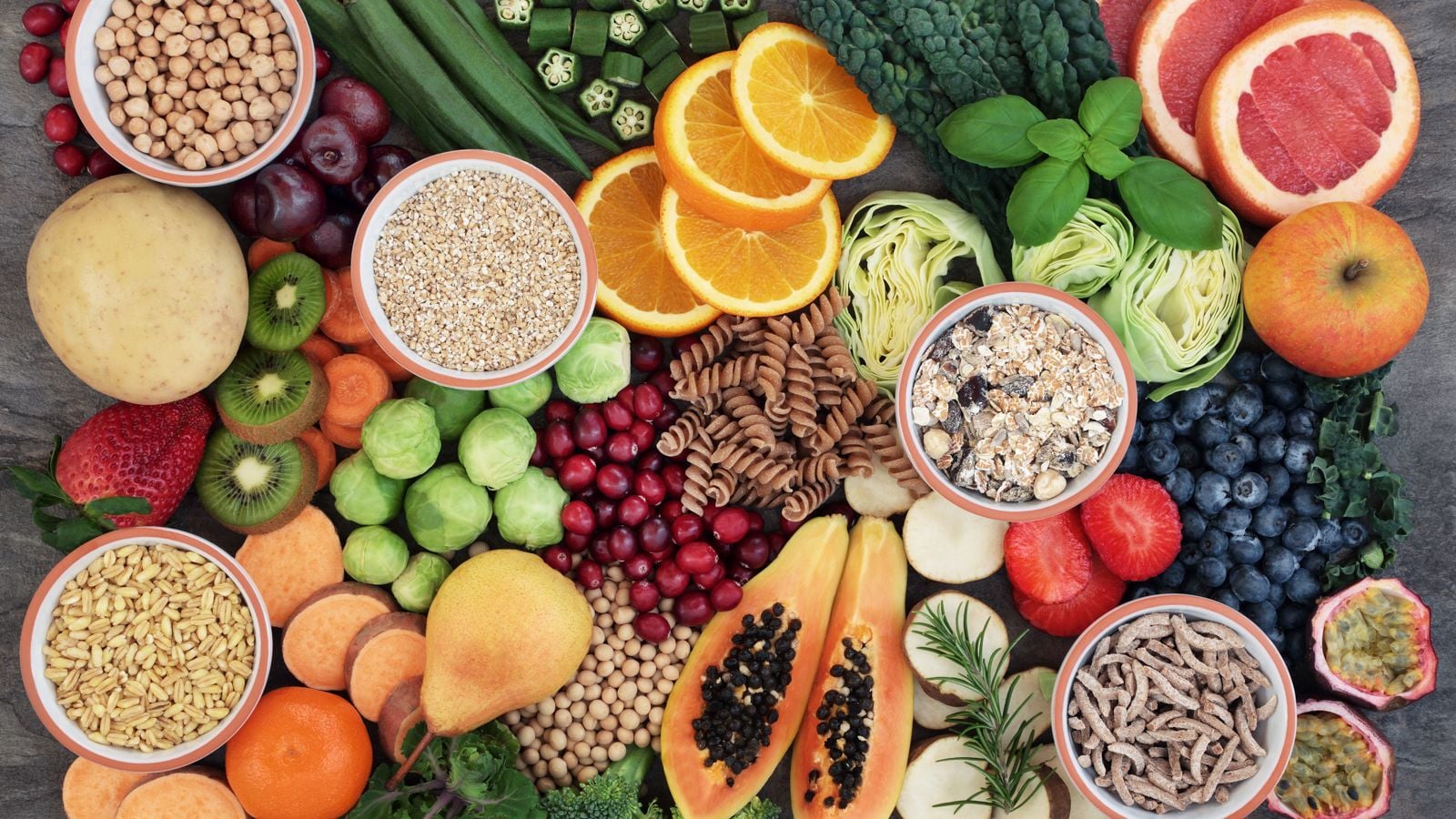
According to the CDC, as many as 9% of women will develop gestational diabetes during pregnancy. Gestational diabetes is a type of diabetes that occurs only during pregnancy. Hormones released by the placenta are believed to interfere with the action of insulin in the mother. While the woman is producing insulin, it is not being used effectively. This problem, known as insulin resistance, makes it difficult for the mother's body to use insulin and, because of this, she may develop high blood sugars during pregnancy. Watching your diet during pregnancy is one way to control your blood sugars, but a woman with gestational diabetes may also require medication or insulin to control her blood sugars.
Follow the Diet
Women who have been diagnosed with gestational diabetes are generally sent to a diabetic educator who will develop a diet plan specific for you. She will also show you how and when to use your glucometer to test your blood sugars. It is important that you follow the meal plan as precisely as you can. This is the first step you can take to having a healthy pregnancy.

Take a Look at the Glycemic Index
Some carbs are better than others when it comes to your blood sugar. The glycemic index measures how carb-containing foods affect your blood sugar. Higher GI (glycemic index) foods raise your blood sugar more than low GI foods. So, when you plan your meals, don't just plan the carbs, look at the GI of the food.
Include Fiber in Your Meals
Fiber is found in many fruits, vegetables, whole grains, and beans. You may have heard that fiber was good for constipation because it adds roughage. That's because fiber is not actually broken down by the body. It passes through the body but isn't absorbed. Fiber makes you feel fuller, but it is also believed to help control blood sugar levels.
Drink Water
You may be tempted to have a cup of juice with breakfast. Juice, however, is usually loaded in extra sugars. If you want to have fruit, eat an actual fruit and try to pick one that is low on the glycemic index. If you really don't like the taste of water, you can try adding some lemon or lime to your glass. Also, diet drinks are okay in moderation. Discuss any artificial sweeteners or drinks containing artificial sweeteners with your dietician first.
Take a Walk
Make walking a part of your regular routine. Walking will help lower your blood sugar. According to the American Diabetic Association, exercise increases insulin sensitivity so your cells can easier use insulin. Also, your muscles use more glucose (blood sugar) when you exercise. This can make managing your blood sugar easier.
Log Your Meals
Write down what you eat for meals and snacks. Next to each meal and snack, record your blood sugar. This can help you to see how different meals affect your blood sugar. If you see a meal or snack that tends to raise your blood sugar, substitute it with one that you respond better to. Likewise, if you see a meal that helps you to keep your blood sugar down, try to eat that more often.
If you are still having problems controlling your blood sugars, talk to your doctor. Show him your meal log and your blood sugar log. He may have some suggestions. Keep in mind though, some women do need to take medication or insulin during their pregnancy, no matter how closely they follow the diabetic diet.

